
| Your current location: home page |
|
I. About Us
Officially launched on November 5, 2020, Academy of Global Food Economics and Policy (AGFEP) is a university-level research institute supported by the China Agricultural University. The mission is to conduct cutting-edge research on important economics and policy issues related to Chinese and global food and nutrition security, environmental sustainability, climate change, poverty reduction, agricultural and rural development.
Fan Shenggen, Chair Professor of China Agricultural University and former Director General of the International Food Policy Research Institute (IFPRI), Washington DC,serves as the founding Dean of AGFEP. There are currently more than 10 research staff and they come from China Agricultural University, Zhejiang University, and Chinese Academy of Agricultural Sciences. For their detailed bios, please see the link
http://agfep.cau.edu.cn/col/col39637/index.html
The key research theme of AGFEP is economics and policy of agri-food system transformation. Both China and the world are facing tremendous challenges in providing nutritious and heathy foods for their citizens. In the meantime, climate change and degradation of natural resources will continue to impose pressure and uncertainties to already unstainable and fragmented food systems. Drastic actions must be taken to reverse this trend. Data, research and evidence based communication will be critical for transforming food systems for achieving both human and planetary health.
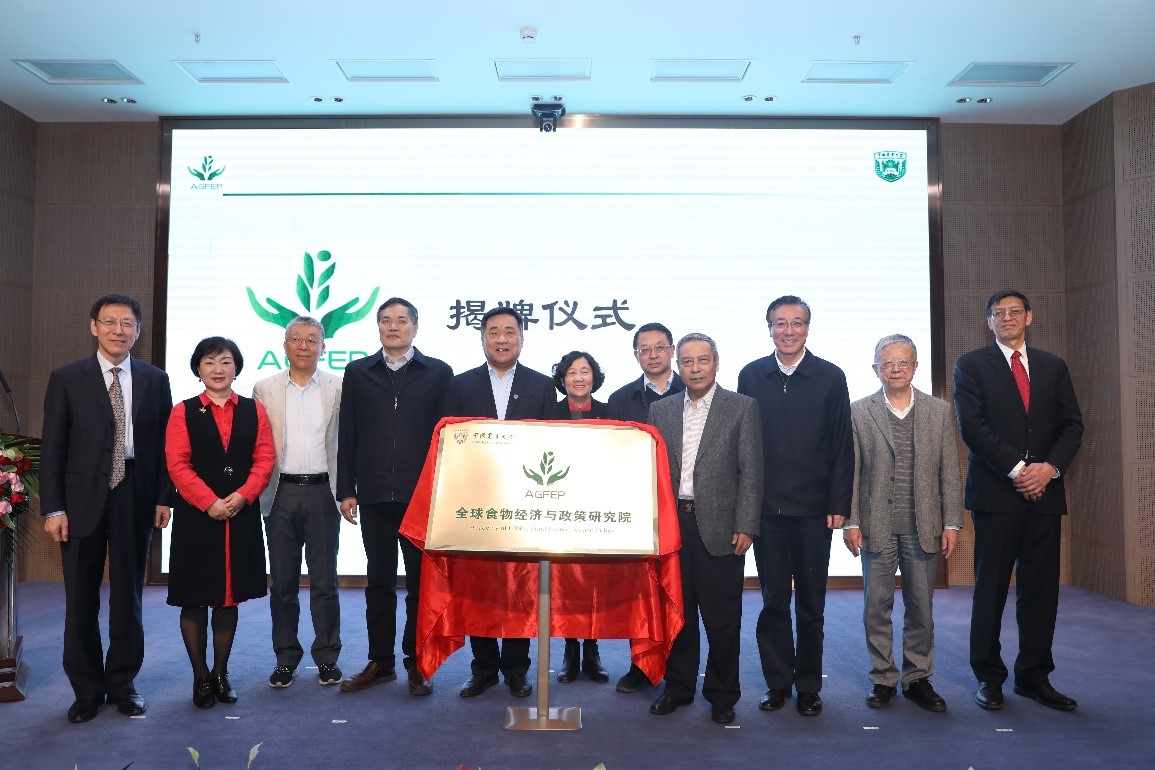
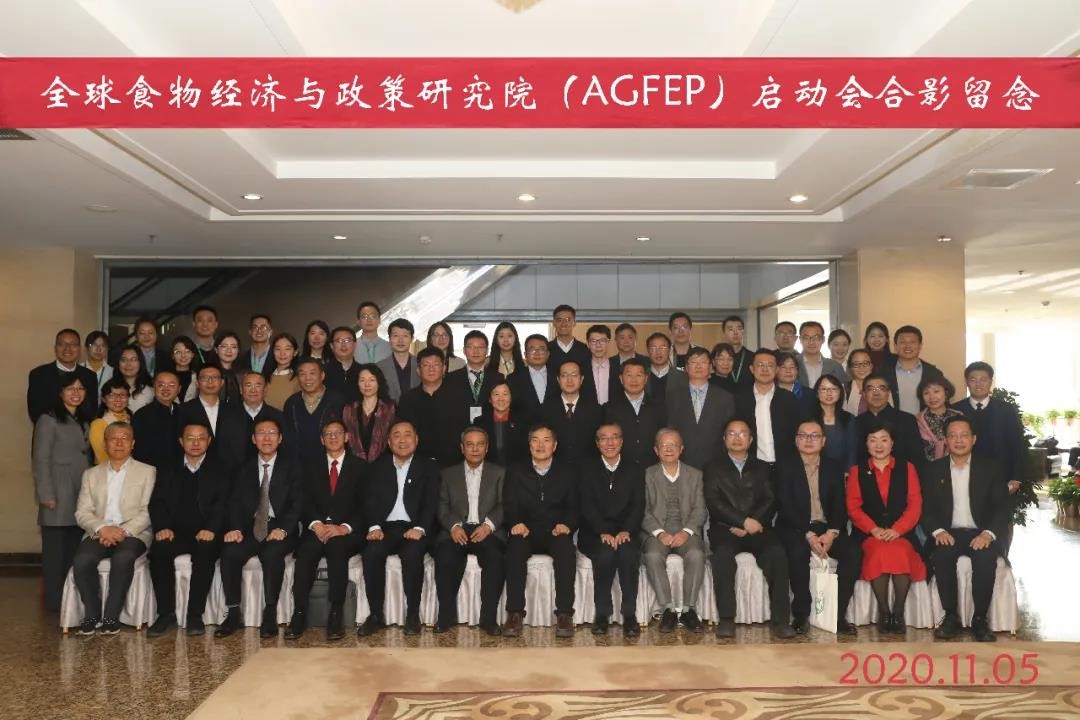
II. Background
China's agriculture, food production and rural development have made remarkable progress in the past few decades. By the end of 2020, the country succeeded in ending extreme poverty and hunger (measured as dietary energy deficiency) is almost nonexistent. However, hidden hunger or micronutrients deficiency, overweight/obesity, climate change, deterioration of environment and natural resources continue to challenge the livelihoods of rural and urban population and the ability of food systems in producing adequate nutritious and healthy foods in a sustainable and inclusive manner.
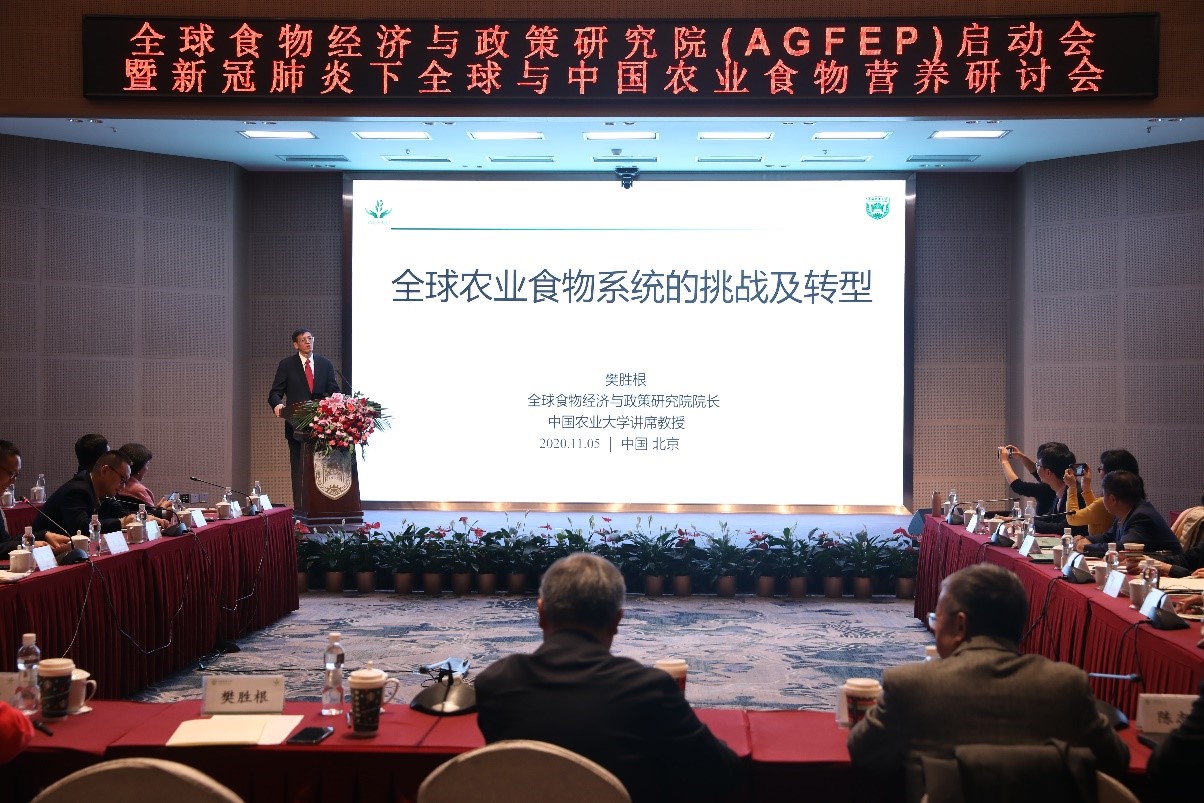
The 19th CPC National Congress adopted the rural revitalization strategy, clearly indicating that the focus of future reform and development will be rural development. In addition, the same Congress also emphasized the urgency of establishing the ecological civilization system for China. In the health area, the Central Government issued the "Healthy China 2030" outline in 2016, incorporating "Building a Healthy China" into the national development strategy. All these strategies manifesto that China has begun to include the win-win strategy of human health and the health of the planet into its development agenda. An inclusive, sustainable, and resilient agri-food system will be essential in helping achieve these goals. This also requires related research to break the boundaries of traditional disciplines and build a collaborative platform for interdisciplinary and cross-field cooperation.
China has long been closely connected with the world on many development issues. China has actively participated in "South-South Cooperation", launched the "One Belt One Road Initiative", and strengthened investment cooperation with Asia, Africa, and Latin America. At the United Nations General Assembly in 2015, President Xi Jinping called for joint efforts to build a global ecological civilization and promised that China will continue to make its own contributions to sustainable development nationwide, help developing countries to mitigate and adapt to climate change to achieve sustainable development globally and build a community with a shared future for all mankind. At the Paris Conference on Climate Change in the same year, President Xi further pointed out that a reasonable, fair and effective global mechanism should be established to tackle the climate change challenge. At the time that global public health risks and emergencies, such as the COVID-19 pandemic, bring severe shocks to China and the world, it is necessary to strengthen collaboration and share experiences and practices globally. President Xi advocated the unity and cooperation of the international community to fight the pandemic altogether and jointly build a community of common health for all mankind. All these means that China's development experience, history and wisdom are increasingly in line with the rest of the world.
Under this context, AGFEP, is committed to: (1) build a research and evidence based think tank and an inter-departmental and multi-disciplinary research platform; (2) research on key economic and policy issues related global and Chinese food and nutrition security, environmental sustainability, climate change, agricultural and rural development; (3) train both Chinese and international students, government officials and practitioners on economics and policy of the food system transformation; (4) disseminate research findings by publishing journal articles, reports, policy briefs and blog posts and host and participate in international conferences workshops and seminars to act as a bridge between Chinese and global academic institutes. (5) provide data, knowledge and research based evidence for the policy-making in China and globally;
III. Features of the academy
1. Close integration of global initiatives and Chinese practice
"Based on China with a global perspective" will be a key feature of the academy. It will not only provide decision-making advice for Chinese policymakers that keep pace with the times, but also "bring in and out" by hosting various international and domestic academic exchange activities and offering supports for the implementation of “Belt and Road” Initiative in order to achieve the national strategic goal of building a community with a shared future for all mankind.
2. Multi-disciplinary research network
As the relationship between various development issues is getting increasingly integrated, multi-disciplinary collaboration in economic and policy research related to agri-food must be pursued. The Academy is committed to building a multi-disciplinary research network, promoting the integration of related disciplines.
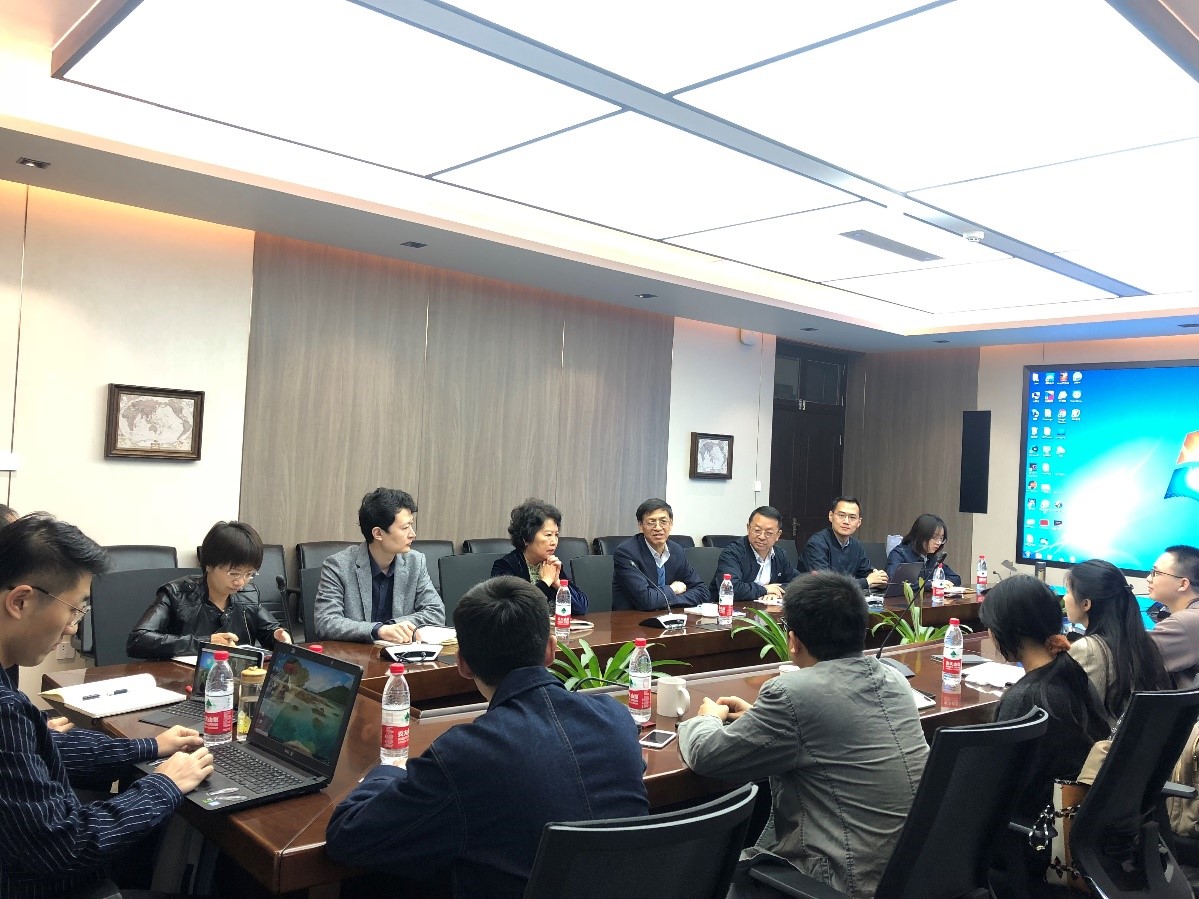
3. Cultivate talents' academic and international collaboration ability
The Academy aims to promote exchanges between Chinese and international scholars, particularly to help young generation build a solid foundation and train them to conduct high-quality multi-disciplinary research. By improving students' critical thinking ability and data analysis and cutting-edge research methods, the academy aims to cultivate talents with international perspectives.
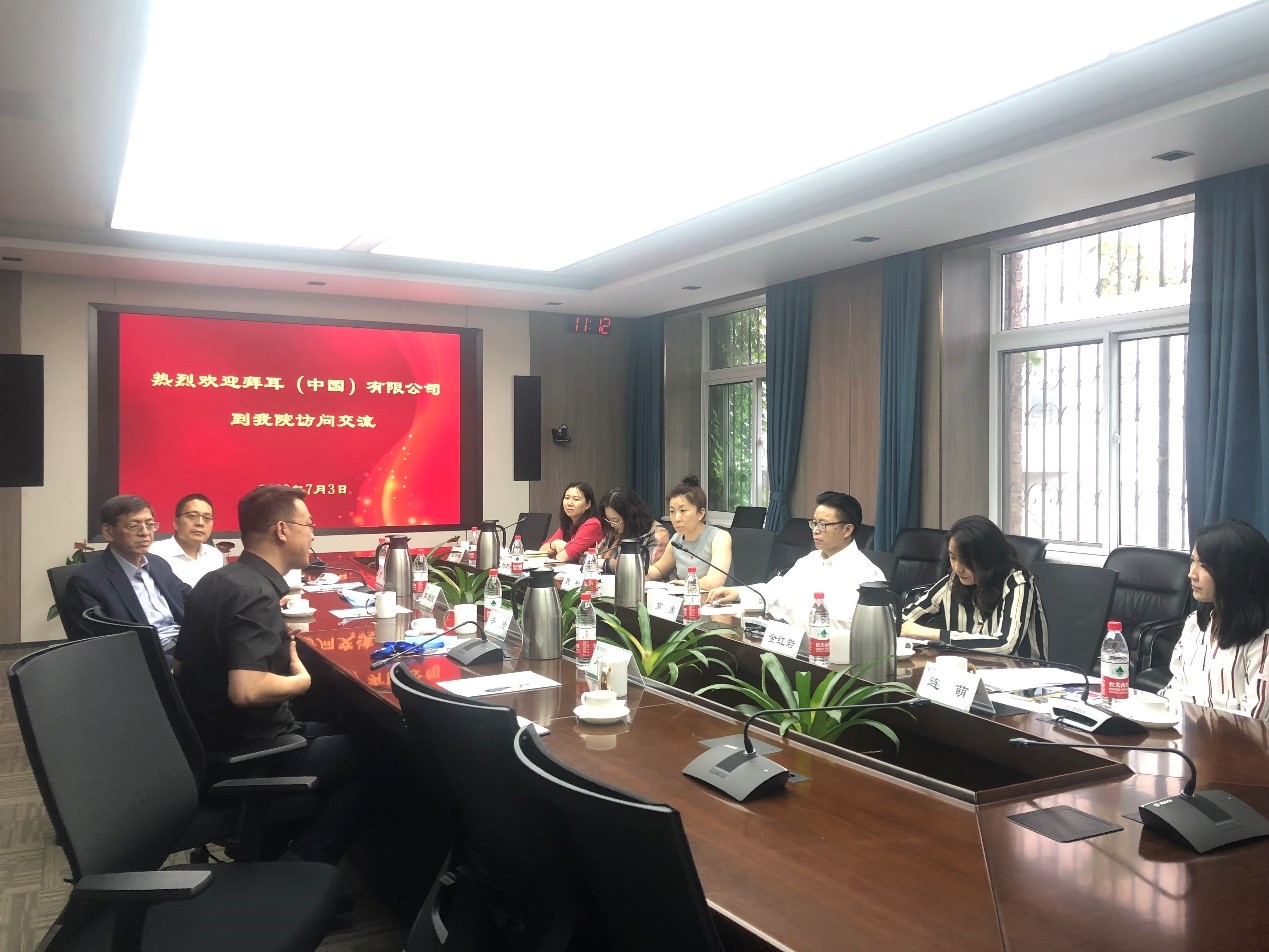
IV. Key research Themes
以农业食物系统转型为主要研究议题
The major research themes of AGFEP will be centered around agri-food system transformation.
1. Policies to transform the global and Chinese agri-food systems for both human and planetary health
To break the traditional boundaries between disciplines, the research field of agriculture and related disciplines need to be redefined in order to achieve the integrated development goals of agri-food systems which include health and nutrition, equity, environmental resources management, climate change mitigation and adaption. Technological, institutional, political, social and systematic innovations are crucial to build such agri-food systems.
2. Strategic planning and priority setting of China's foreign direct investment
The Academy will closely cooperate with governments and organizations related to the “Belt and Road Initiative” and “South-South Cooperation” to collect first-hand data and establish a global database about food and nutrition security, environment, climate change, and socio-economic development. Furthermore, AGFEP will construct econometric models to measure the rate of return on investment and evaluates its impact on the local economy, food and nutrition security, environment and other aspects; Set investment priorities, provide scientifically-based policy-making recommendations for Chinese foreign direct investment, and create a win-win situation.
3. Research on response and management of public emergencies
The Academy will work with partners to monitor and evaluate unexpected public emergencies in China and the world, including the spread of crop and animal diseases, the occurrence of pandemic, natural disasters and political conflicts. Based on the impact studies, how emergencies will be responded, managed and prevented will be synthesized and communicated.
4. Construction of an integrated food-economy-environment-health model
The Academy will develop an interdisciplinary global model that integrates economics, environment and health, and their links to food production and consumption, and nutrition. Being an important research tool for inter-disciplinary study, quantitative assessment and analysis will be conducted to evaluate the comprehensive impacts of various economic and environmental policies on food consumption, nutrition and health, as well as the ecological environment.
5. Synthesize lessons and experience from Chinese and global food system transformation
There is no-one-size-fits-all food system transformation across different countries. Thus, Chinese and global experience will be synthesized and best fit practices will be analyzed for different context in order to provide more meaningful advice for different stakeholders for taking decisions and actions.